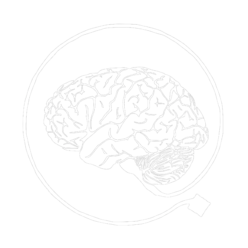Karina Vold (McGill University)
1. Introduction
Andy Clark and David Chalmers’ (1998) extended mind thesis provides an answer to the question ‘where is the mind?’ The thesis maintains that while minds may be centrally located in one’s brain (and body) they can sometimes “extend” to be located in objects beyond their core biological shells. Functionalism and the multiple realizability thesis are often used to support the extended mind, as is the case in Clark & Chalmers’s much discussed parity argument, but although familiar these are not uncontroversial views in the philosophy of mind. In this paper I present an argument for the extended mind thesis that does not rely on either of these. The argument instead requires what I call the ‘multiple localizability thesis’, which says that particular kinds of mental states need not be ‘strictly’ or ‘uniquely’ located in any particular place, e.g. the brain or one of its regions. I argue that evidence of neuroplasticity shows that mental states are ‘multiply localizable’ and that this claim should be less contentious than multiple realizability, even if it is rarely stated explicitly. In advancing this new argument for the extended mind thesis I hope to clarify what I believe is distinctive about the view: that it gave us new insight about the location of mental types. Thus distinguishing between multiple realization and multiple localization helps illuminate that the extended mind is essentially a thesis about the location of mental states, while functionalism and multiple realizability are about their nature and composition, respectively. And because the matters of location and composition can come apart, an argument for the extended mind need not take any position on the composition of mental states and so the view can remain uncommitted as to whether mental states are multiply realizable or whether they can be characterized functionally. I end by considering four objections and offering replies. Continue reading The What And Where Of Mental States: On what is distinctive about the extended mind thesis
